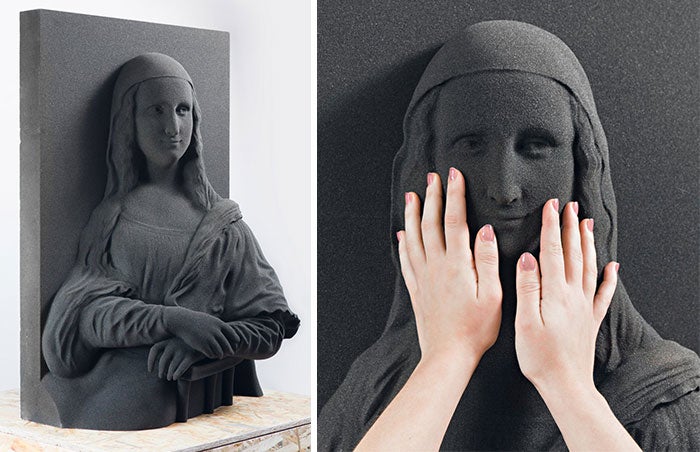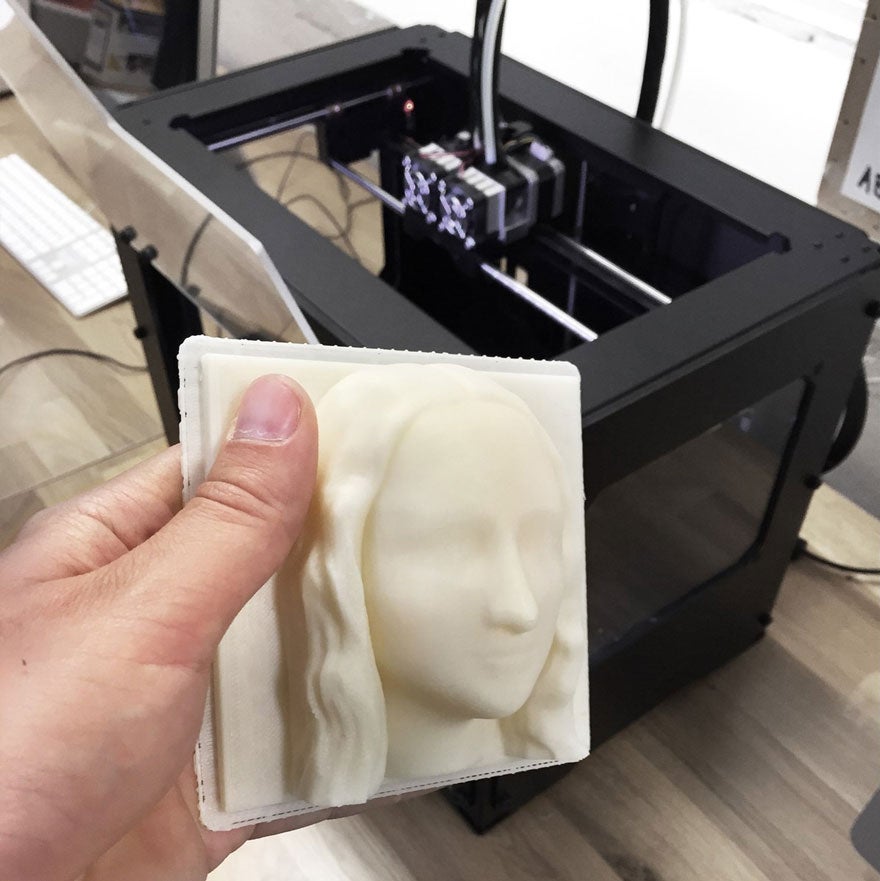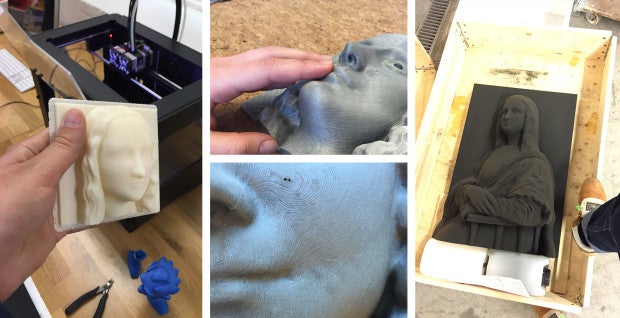3D-printed classic paintings allow the blind to 'see' fine art for the first time
"My fingers are a bit excited."

Your support helps us to tell the story
From reproductive rights to climate change to Big Tech, The Independent is on the ground when the story is developing. Whether it's investigating the financials of Elon Musk's pro-Trump PAC or producing our latest documentary, 'The A Word', which shines a light on the American women fighting for reproductive rights, we know how important it is to parse out the facts from the messaging.
At such a critical moment in US history, we need reporters on the ground. Your donation allows us to keep sending journalists to speak to both sides of the story.
The Independent is trusted by Americans across the entire political spectrum. And unlike many other quality news outlets, we choose not to lock Americans out of our reporting and analysis with paywalls. We believe quality journalism should be available to everyone, paid for by those who can afford it.
Your support makes all the difference."Imagine not knowing what Mona Lisa's smile looks like? Or Van Gogh's sunflowers? Imagine you heard people talking about them and knew they existed, but could never experience them for yourself. For the millions of people who are blind, that's a reality."
Unseen Art, working out of Finland, have recently launched their Indiegogo campaign. Their impassioned belief is that 3D technology contains the power to finally let the blind experience some of history's greatest works of art.
A video showing a participant experiencing Leonardo da Vinci's iconic Mona Lisa for the first time is currently a key part of Unseen Art's fundraiser, opening a window to an appreciation of great works that so many now simply take for granted. As the volunteer's fingers brush over the sculptured features of the classic figure, she exclaims: "It's the expression that's the most mysterious here. It's a little bit enigmatic. My fingers are excited."
What's most exciting about this initiative is the fact 3D-printing technology allows for a global reach; these low cost-renditions could potentially be printed in any location there's 3D printers available. This means, on top of staging gallery displays of the works, the move will allow for people to print and display the pieces in their own homes. It's an astounding idea, allowing those who are visually-impaired the opportunity to enjoy the works in a way that's entirely accessible to their own needs.
Furthermore, the team are currently creating an interactive platform in which users can both contribute and download the art for free.




The campaign is currently live on the Indiegogo fundraising site. They hope to raise a total of $30,000.
Join our commenting forum
Join thought-provoking conversations, follow other Independent readers and see their replies
Comments